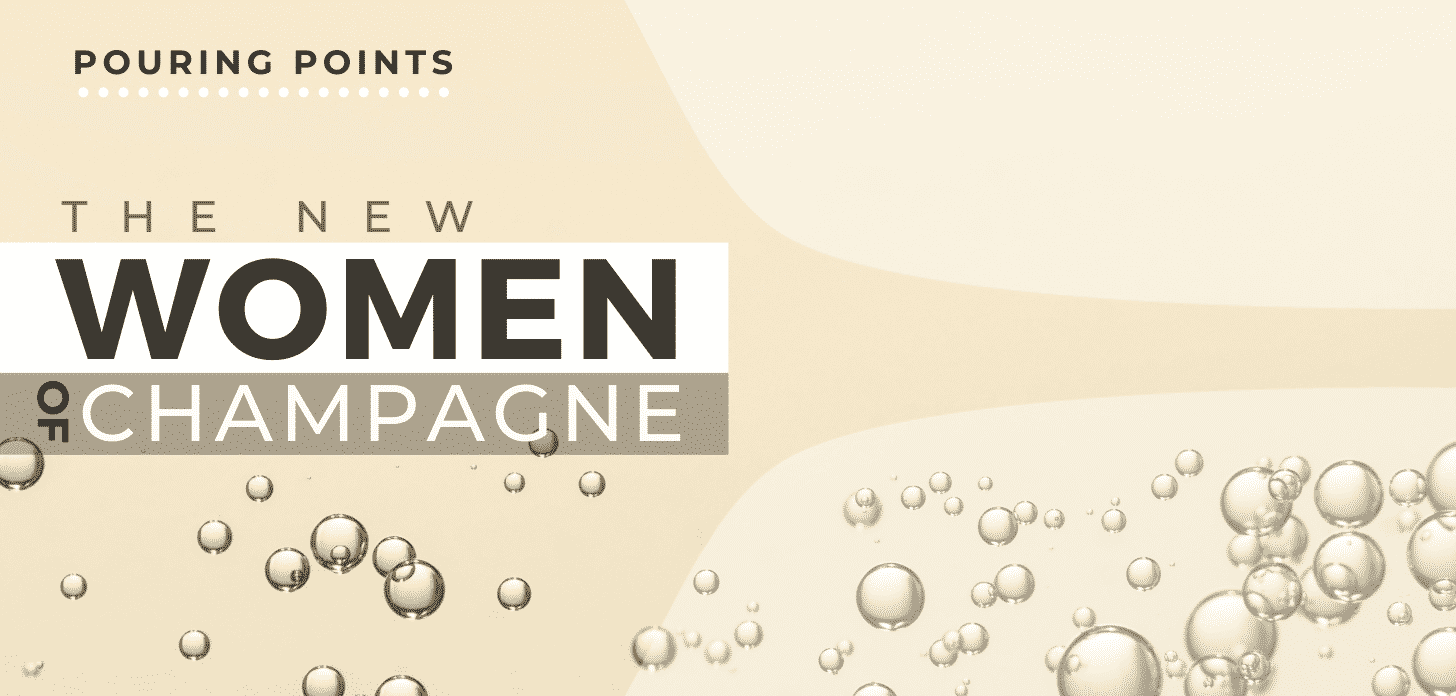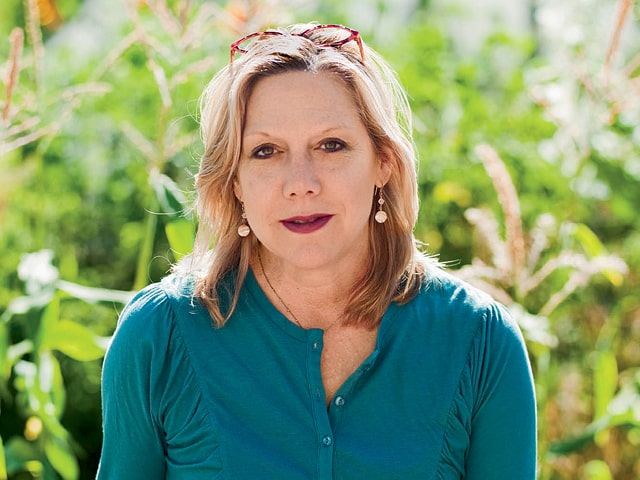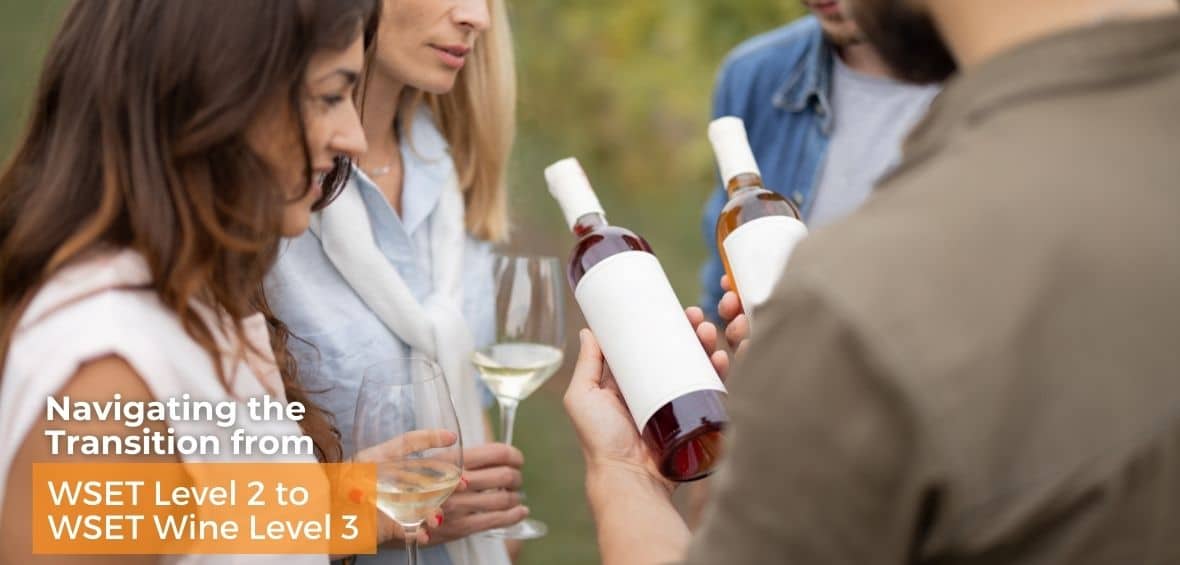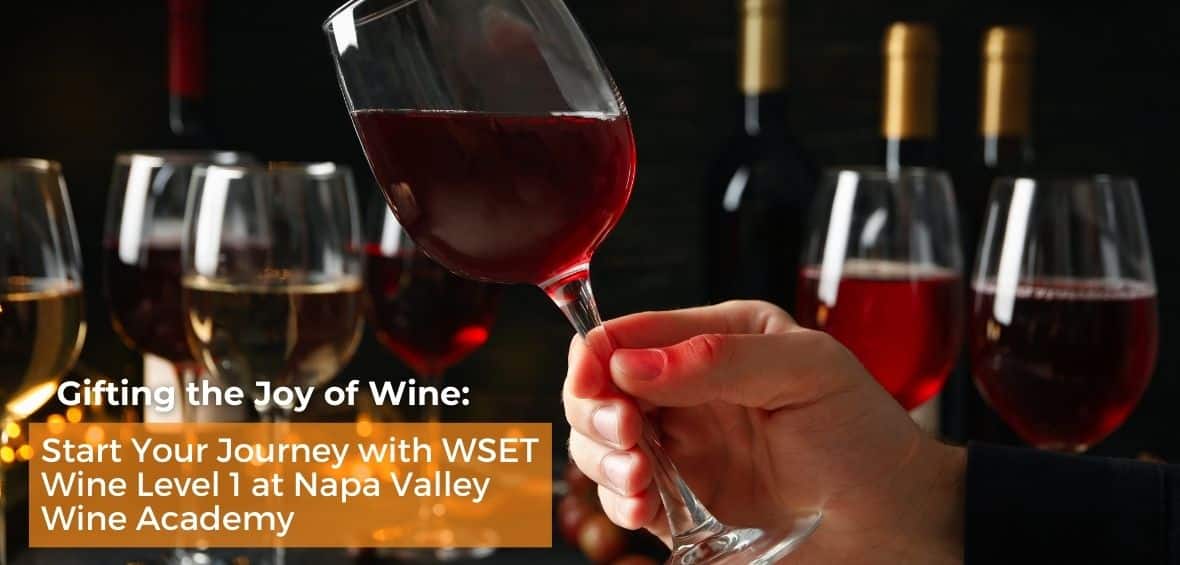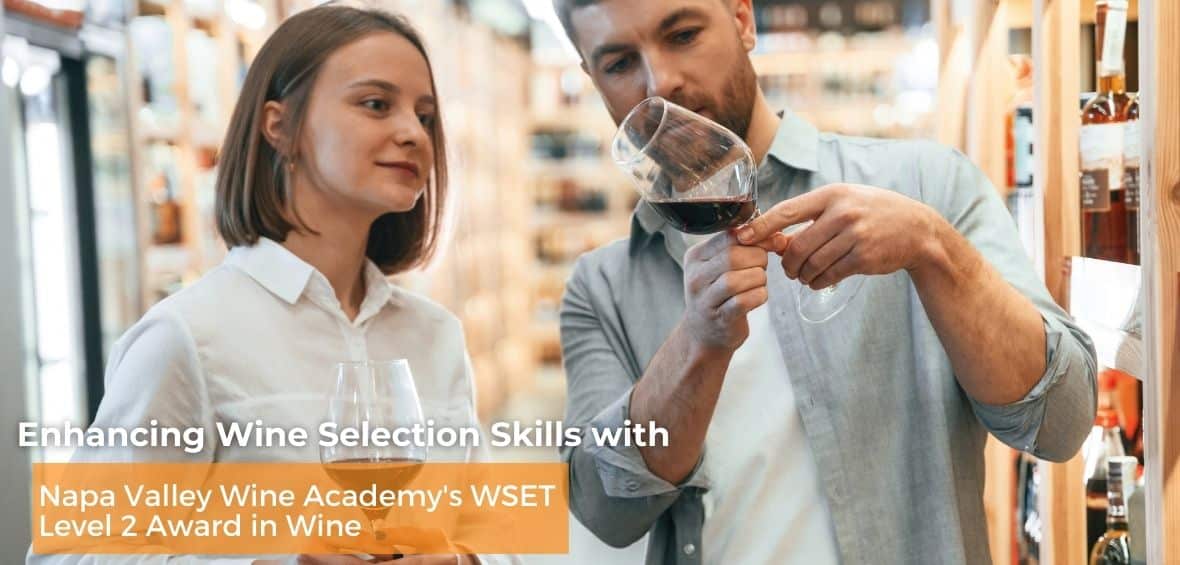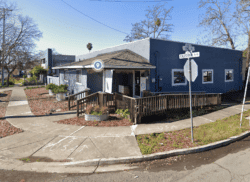By Sara L. Schneider
Judging by the number of women who, going back to the turn of the 19th century, famously shaped some of Champagne’s most iconic houses, one would think that no gender gap could possibly still exist in this century. In 1805, Barbe-Nicole Ponsardin—make that Veuve (“Widow”) Clicquot, or the “Grande Dame of Champagne”—took on her husband’s wine business when he died. She was only 27. Yet credit goes to Madame Clicquot for devising a riddling rack to facilitate the removal of sediment in the bottle, creating a crystal-clear beverage. And credit her savvy marketing skills for turning her Champagne house into the leading brand enjoyed in Europe’s royal courts.
Half a century later, in 1858, Madame Jeanne-Alexandrine Louise Pommery became a widow too, at which point she fearlessly oversaw the construction of Domaine Pommery. And in the 1870s, a time when Champagne was markedly sweet, she created Pommery Brut Nature. In 1932, Madame Camille Olry-Roederer joined the band of widows. During her 42-year run at the helm of Champagne Roederer, she virtually saved the house from the devastation of 20th century France, with its world wars and Great Depression, buying up many vineyards to expand Roederer Estate and its control. (And in 1945, she re-released the formerly sweet Cristal as a dry Prestige Cuvée.) Not to be outdone, after Lily Bollinger (born Elisabeth Law de Lauriston-Boubers) assumed the reins from her husband, in 1941, she became a global manager for the brand, along the way launching R.D., Bollinger’s Prestige Cuvée.
Pioneers, innovators, marketers, and savvy managers, to be sure, but the telling commonality among these women was widowhood, the only historical path to an influential position in Champagne. Their outsized accomplishments in the region’s industry render its persistent male dominance deeply ironic. Persistent, that is, until very recently. Now, well into the 21st century, it’s looking very much like women in Champagne have an alternate path to a career in growing, making, managing, or marketing bubbles: their choice. And many are making that choice.
It’s very difficult to get a precise snapshot of how many women hold the title of Chef de Cave (the preferred English term, Cellar Master, is in distinct need of an overhaul), own their vineyards, or head up a house, large or small. But in terms of the overall workplace, the French Institute of Statistics (INSEE) reports that of the 26,800 total employees in the Champagne industry today, about one-third are women, and half of that third are working in the vineyards or cellars. And possibly the most promising sign of all: The BBC reports that a full 60 percent of enology students in Champagne today are women.
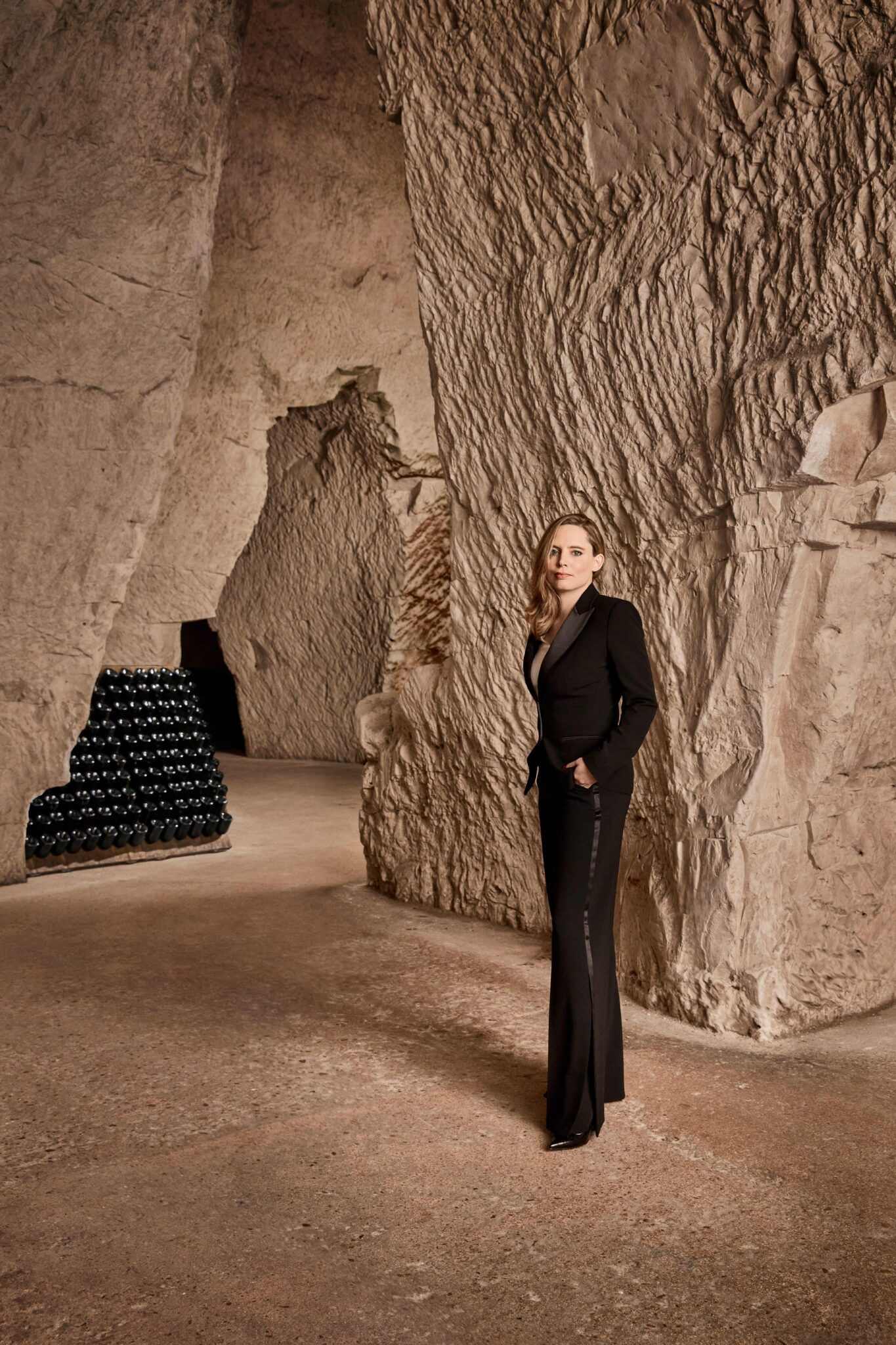
Vitalie Taittinger, who in 2019 was named President of her family’s storied house, shares a distinct sense of optimism for these women—for their potential to find leading roles that match their interests, to contribute in vital ways. “They’re strong, talented, and coming from everywhere,” she says (meaning not just from Champagne families, although that’s a growing number too). “There’s a kind of richness in it.” And, Taittinger believes, Champagne is increasingly rolling out the welcome mat. In her own family, she says, there was never a question about her involvement in the brand once she decided to join her father, Pierre-Emmanuel, almost 15 years ago. “I’m quite lucky,” she says. “In this family, [the genders] have always been the same in worth.”
In fact, the Taittingers famously placed their trust in a prominent woman in wine when, all the way back in 1986, they hired Eileen Crane to establish their California sparkling-wine outpost, Domaine Carneros. The rest is history, as they say, for those who know how ably Crane steered the design of the château, the style of the sparkling wines, and the launch of an acclaimed still Pinot Noir program. The Taittingers doubled up on that commitment in 2020 when they appointed Remi Cohen CEO on Crane’s retirement. There were no barriers in either case, according to Taittinger. “It has always been about quality, about knowledge, good decisions. Hiring Eileen Crane was a very good decision, and we are very lucky to have Remi.”
Cohen points out, though, that such early egalitarianism was far from the norm in Champagne—or California, for that matter. “Eileen is a pioneer for women in the wine industry,” she says. “There were very few women winemakers in California when she was appointed to the role of Founding Winemaker for Domaine Carneros. It was very progressive for the family to choose her, and it has set the tone for a dedication to women in leadership across both brands.” Cohen, who brings substantial experience in overseeing sustainable viticulture, luxury winemaking, and hospitality programs to her role, is mindful of being a beneficiary of that legacy. “I’ve always felt that the generation before me laid the foundation in proving that women can succeed in senior winemaking and leadership positions,” she says. In fact, more than half of the management team at Domaine Carneros is female. Together, they are continuing a progressive, transparent “open-book” style of management established before them.
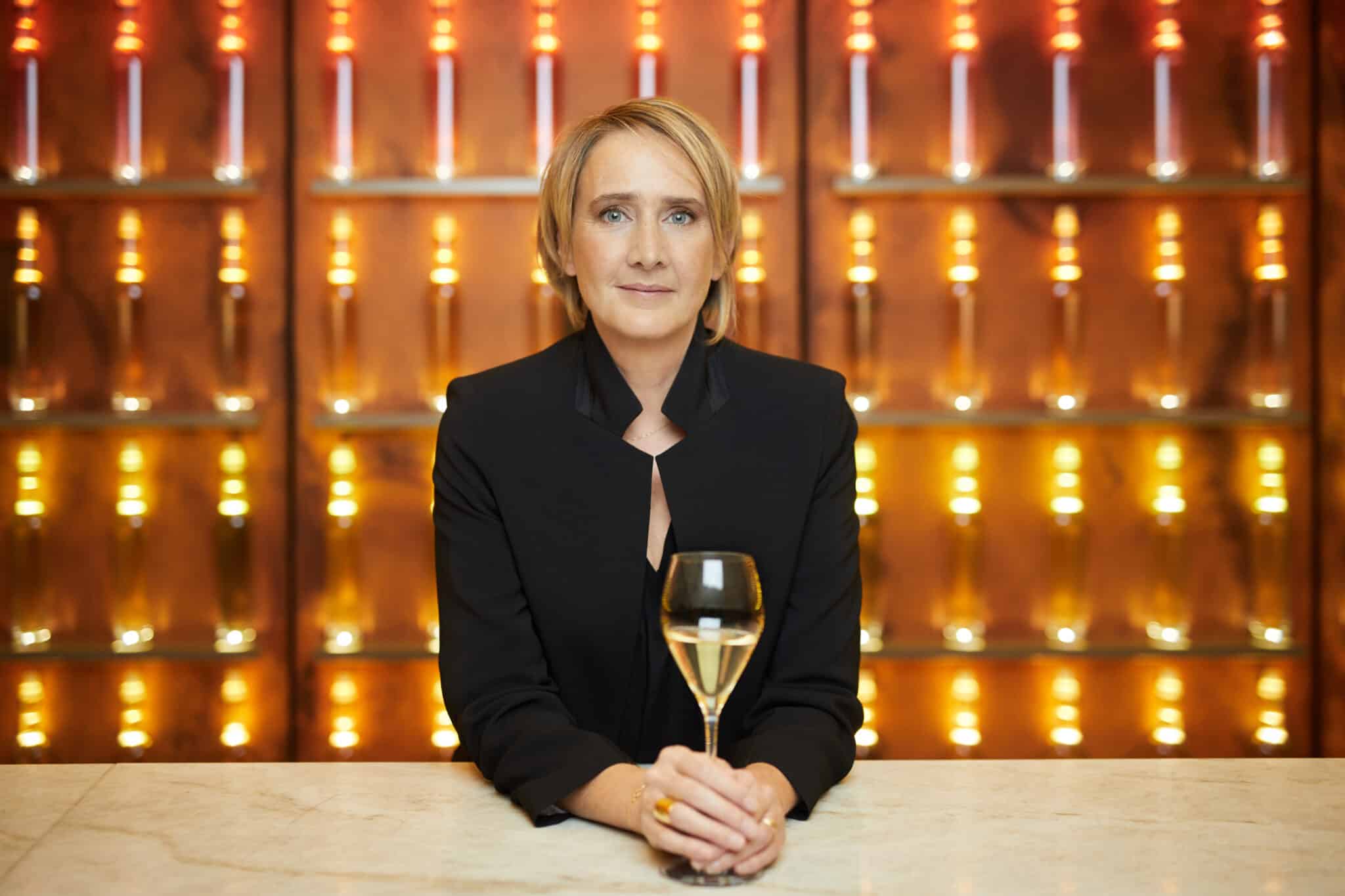
A major recent milestone for women in Champagne was the appointment, in 2019, of Julie Cavil as Chef de Cave at iconic Champagne Krug, only the seventh to hold the title. Cavil, who had worked with Eric Lebel at the house since 2006, describes it as a great personal honor, but is quick to cite her own female inspiration (beyond the avid support she felt from Lebel): Venezuelan-born Maggie Henriquez, Krug’s inimitable President and CEO—a revered modern trailblazer in Champagne as Crane has been in California. When Cavil came to Champagne to study winemaking, she forged a path of her own. Slightly older than most of her peers, and already a mother, “I was somewhat of an anomaly at the time,” she says. But the subsequent open door for her at Krug was, in her mind, anything but an anomaly. It’s not about women versus men, she says. “I think each person’s background, education, life experiences, and intrinsic personality transcend gender. Of course, I am happy to see more women talent being recognized, but the important thing to remember is that they are first and foremost talent.”
Unlike Cavil, Caroline Latrive chose to pursue winemaking when she was very young, at only 15. The footsteps she was following were her father’s, an enologist himself. She reports that the job was almost exclusively practiced by men at the time: When she received her National Diploma of Oenology, women made up less than 20 percent of the field. Now Chef de Cave at Chardonnay-centric Champagne Ayala—owned by Bollinger, although not during the famous Madame’s tenure—Latrive admits that she initially never thought she would be a Cellar Master one day, probably reflecting the expectations of the time. But inadvertently revealing today’s changing attitudes, she says, “I am lucky to be part of a team where we are attached to our skills and values rather than our gender.” If the precision she brings to the House of Ayala—in micro-vinifying more than 70 Chardonnay crus each year and focusing on minimal dosages to express the purity of the fruit—is her own personal, gender-influenced talent, Latrive doesn’t see it. Instead, she puts her role in a broader context: “Blending cuvées of a house requires passion, effort, creativity, conviction, humility, and patience. Whether you are a man or a woman, it is more a question of personality than gender in our profession!”

At Champagne Henriot, a house atypically founded by a woman (but more typically, on the death of her husband)—Apolline Godinot Henriot—Chef de Cave Alice Tétienne (who formerly worked at Krug) describes early inspiration from her grandmother, who owned a vineyard, much like Apolline Henriot. Because there are still so few women in the business, though, she says, “it feels a bit lonely sometimes.” But on the upside, she adds, it’s a good time to be recognized. Two organizations in Champagne are committed to that recognition, as well as to promoting the role of women and their wines, and Champagne in general: La Transmission—Femmes en Champagne, made up of senior women in the industry—owners, directors, Chefs de Cave … including Maggie Henriquez and Vitalie Taittinger—and Les Fa’Bulleuses de Champagne, a society of friends from a range of indie family growers who meet for group tastings.
As Tétienne points out, the diversity the women of Champagne bring—and promote—can only be a good thing because “diversity of terroirs and of people has always been an important trait here.” Like her peers, she pushes back on the notion that singular female strengths are in play. “All individuals I have had the pleasure of working with, despite gender, have brought different types of skills or talent to overseeing the vineyards and cellars and managing the wine business.” Yet their words are telling. In describing how she leads in her company (where she’s joined by her brother, Clovis), Vitalie Taittinger says, “I’m here to develop the potential of each member of the team. There’s no sense of being the ‘big boss.’ We’re a team.”
Nurturing, teamwork … It’s impossible not to sense a little gender-inflection here. Even as Julie Cavil insists that she is “merely carrying on the duty of re-creating the dream of Joseph Krug every year,” she describes her view of skills intrinsic to making wines that involve intricate cooperation, opinions, and decisions each year: “I believe in the power of diversity and inclusion, especially because gender, age, background, and personal taste can have an impact on flavor perception. The Krug tasting committee is a good example, with a balanced mix of generations and genders, each bringing something unique when it comes time to make the final blending decision. The more diverse we are, the richer we will be in our differences.”
____________________________________

